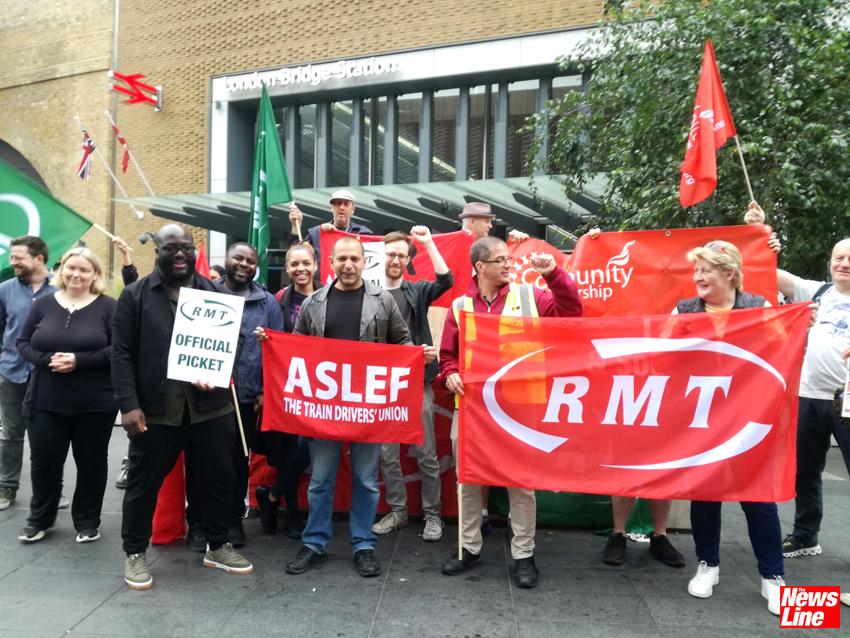
CHANCELLOR Kwasi Kwarteng yesterday unveiled his mini-budget that will see the working class and the poor robbed, in order to further enrich the UK ruling class, in the midst of a world economic crisis.
He has abolished the 45% higher rate of income tax. There will be one single higher rate of income tax of 40% from April next year.
He has also cut the basic rate of income tax to 19% from April 2023.
He has reversed the recent rise in National Insurance, and has cancelled the rise in corporation tax which was due to increase from 19% to 25% in April 2023.
Kwarteng has hit out at the poorest in society. He has tightened the rules around Universal Credit, by reducing benefits if people don’t fulfil job search commitments.
More than 120,000 people on Universal Credit are to be asked to take steps to seek more work, or face having their benefits reduced.
Jobseekers over 50 will have to spend ‘extra time with work coaches’ to help them return to job market.
The government is claiming that the freeze on energy bills will reduce inflation by 5 percentage points.
However the total cost for the energy package is expected to be around £60bn for the six months from October. This bill will be presented to the working class.
The Annual Investment allowance, the amount companies can invest tax free, remains at £1m indefinitely, while regulations are changed so pensions funds can increase UK investments.
New and start-up companies able to raise up to £250,000 are being given tax relief, while the value of share options for employees is doubled from £30,000 to £60,000.
There is to be a cut to stamp duty which is paid when people buy a property in England and Northern Ireland.
There will be no stamp duty on the first £250,000 and for first time buyers that rises to £425,000 – and it comes into operation today.
200,000 more people will be taken out of paying stamp duty altogether, the government claims.
The government is discussing setting up investment zones in 38 local areas in England.
In these, tax cuts and liberalised planning rules are to be offered to release land for housing and commercial use.
Investment zones are being offered measures such as no business rates and stamp duty waived.
There will be new legislation to cut planning rules in general and get rid of EU regulations and environmental assessments, in an effort to speed up the ‘recovery’.
Kwarteng is spending billions on policies he said would shake-up the UK’s finances and boost economic growth.
His announcements include scrapping bankers’ bonuses.